Market Share
Motor Insurance Market Share Analysis
The Motor Insurance market is witnessing several notable trends that are reshaping the landscape of the industry. One of the prominent shifts is the increased integration of telematics technology. Insurers are leveraging telematics devices and data analytics to assess driver behavior, vehicle usage, and other relevant factors. This data-driven approach allows for personalized insurance premiums based on individual driving habits, fostering a more fair and customized pricing model. Additionally, telematics enables insurers to offer value-added services such as real-time monitoring, driving feedback, and even assistance in case of emergencies, contributing to enhanced customer engagement.
Another significant trend in the Motor Insurance market is the growing adoption of Usage-Based Insurance (UBI). UBI utilizes telematics data to determine insurance premiums based on the actual usage patterns of the insured vehicle. This innovative approach appeals to consumers seeking more cost-effective solutions, as they only pay for the coverage they use. Insurers are increasingly offering UBI policies, attracting a diverse range of drivers who prefer a flexible and pay-as-you-go insurance model.
The rise of autonomous vehicles is also influencing the motor insurance landscape. As self-driving technology advances, insurers are faced with new challenges and opportunities. While autonomous vehicles hold the promise of reducing accidents caused by human error, they also introduce complexities in determining liability and assessing risk. Insurers are adapting their underwriting models to account for the unique risks associated with autonomous driving, and discussions around insurance coverage for these vehicles are becoming more prevalent as the technology continues to evolve.
Cybersecurity concerns have become a growing trend within the Motor Insurance market. The increasing connectivity in modern vehicles makes them vulnerable to cyber threats, raising the importance of cybersecurity in insurance coverage. Insurers are developing policies that address potential cyber risks, including unauthorized access, data breaches, and system vulnerabilities in connected vehicles. This trend reflects the industry's proactive response to the evolving technological landscape and the need to protect both drivers and insurers from emerging cyber threats.
Furthermore, there is a noticeable shift towards digitalization in the motor insurance sector. Insurers are investing in digital platforms and mobile applications to streamline the customer experience, from policy purchasing to claims processing. Digital channels provide policyholders with greater accessibility and convenience, allowing them to manage their insurance needs effortlessly. This trend aligns with the broader digital transformation in the financial services sector and caters to the preferences of tech-savvy consumers seeking seamless and efficient insurance interactions.
Environmental consciousness is influencing the motor insurance market, with an increasing focus on eco-friendly vehicle coverage. As the demand for electric and hybrid vehicles rises, insurers are introducing specialized insurance products tailored to the unique needs of environmentally friendly vehicles. These policies may include coverage for specialized components, charging infrastructure, and other aspects specific to electric and hybrid cars, reflecting the industry's responsiveness to the changing automotive landscape.
In conclusion, the Motor Insurance market is undergoing a significant transformation driven by technological advancements, changing consumer preferences, and emerging risks. Telematics, Usage-Based Insurance, considerations for autonomous vehicles, cybersecurity, digitalization, and eco-friendly coverage are among the key trends shaping the industry. Insurers that embrace these trends, adapt to evolving customer expectations, and effectively navigate the challenges presented by emerging technologies are poised to thrive in this dynamic and rapidly changing market.


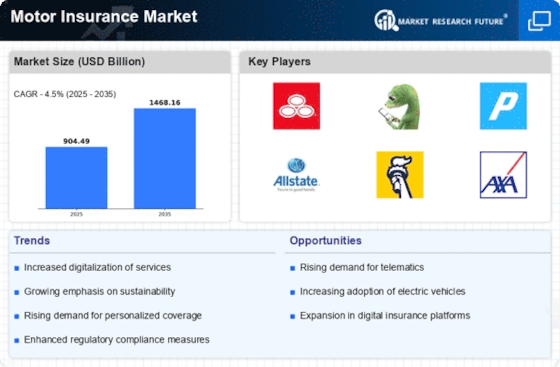
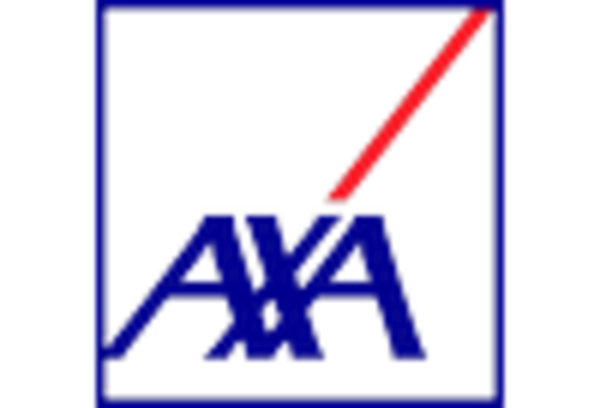
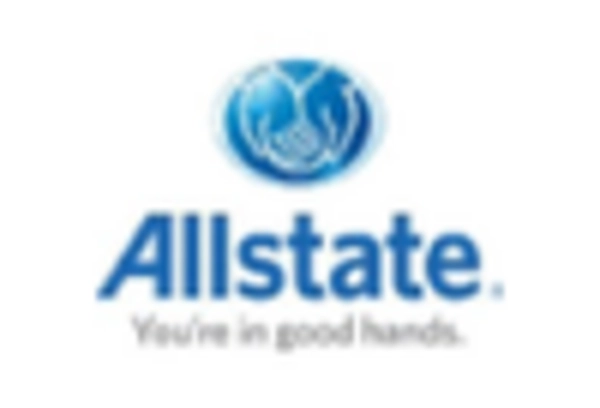

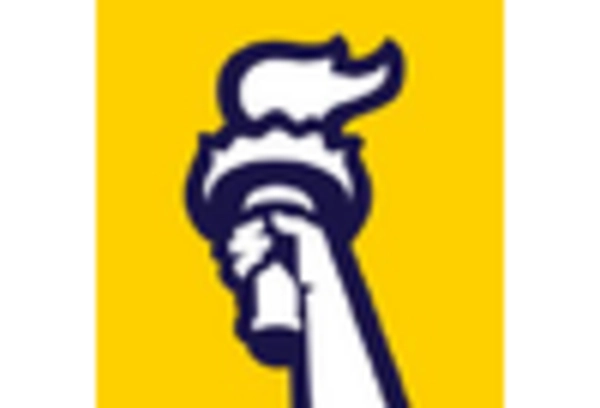
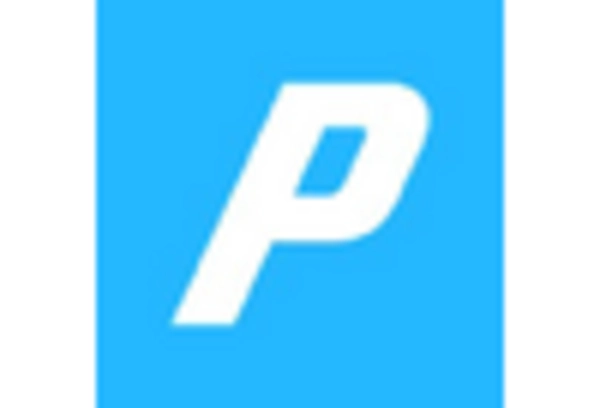
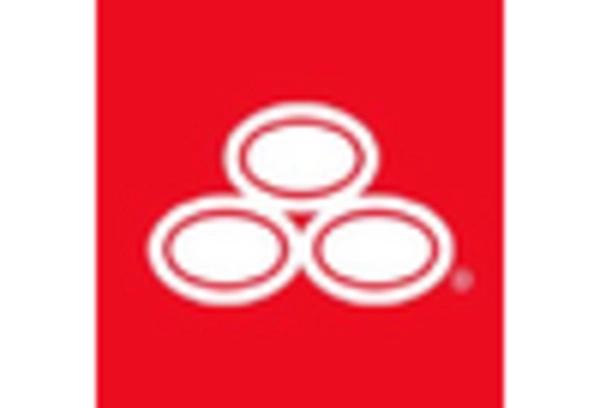









Leave a Comment